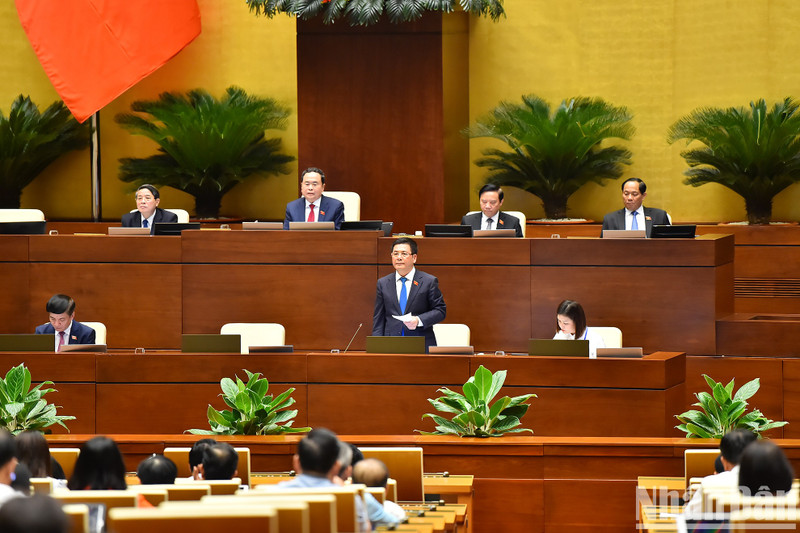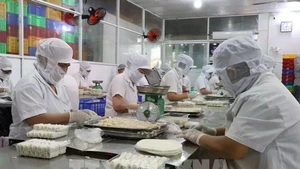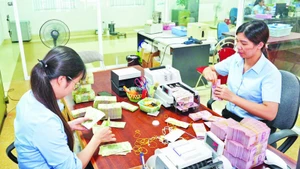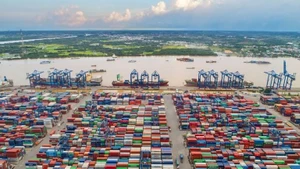The minister said implementing the Prime Minister's decision approving the development programme for supporting industries in the 2016-2025 period and other directives, the ministry has focused attention on the areas of components, spare parts, machinery, and equipment, as well as supporting industries for textiles, leather, footwear and high technology.
After six years working toward the goal of helping these sectors meet at least 45% of domestic production needs, home-made metal components have met about 85-90%, 15-40%, and 40-60% of demand from the manufacturing of motorcycles, automobiles, and agricultural and power machinery, respectively.
However, some sectors, such as electronics, IT, telecommunications, and specialised electronics, have achieved lower rates compared to the general target, with their domestic production meeting only about 15% of demand.
The minister noted that these results demonstrate the gradual reduction in the dependence on imported raw materials and components, and an increase in the contribution of the processing and manufacturing sector to Vietnam’s overall industrial structure and economic landscape.
For the low achievements of some support industries, the minister attributed them to the limited state investment support and difficult access to such resources.
He said it is necessary to improve the harmony of policies, including researching and building a law on the development of key industries. The minister also suggested increasing the allocation of resources to supporting industries, as well as training quality personnel for enterprises, and enhancing production capacity for Vietnamese supporting industries, enabling them to compete with imported goods.
Ho Thi Kim Ngan, a deputy from the northern province of Bac Kan, voiced her concern that enterprises in supporting industries have experienced a significant decline in revenue, lost orders from many markets, and faced constraints in capital and expenses. Meanwhile, there is a large and rapid wave of supporting industries from many countries into Vietnam. This indicates that domestic firms have yet to grow strong enough to participate in the global supply chain.
In response to her inquiry about solutions to this issue, Minister Dien stressed the need to review the legal system to ensure that state mechanisms and policies are effectively implemented, so that domestic enterprises can benefit from those policies and grow.
In particular, the official suggested amending the law on foreign investment and some related legal documents to require FDI enterprises to cooperate with local partners and gradually localise their production.
















